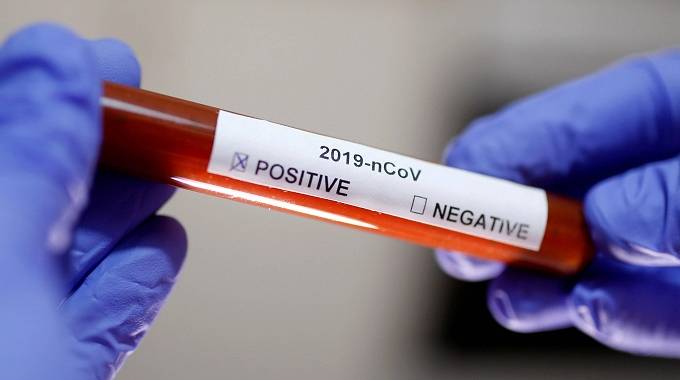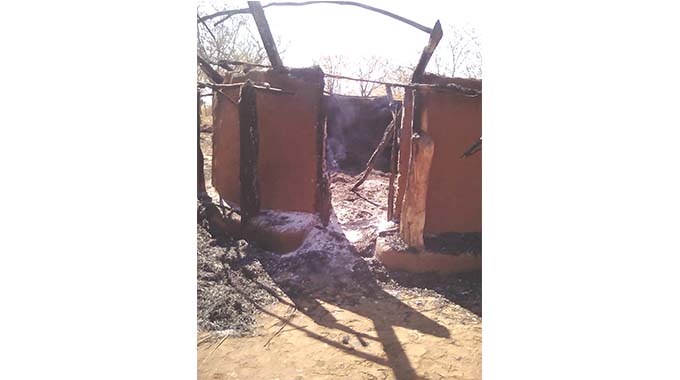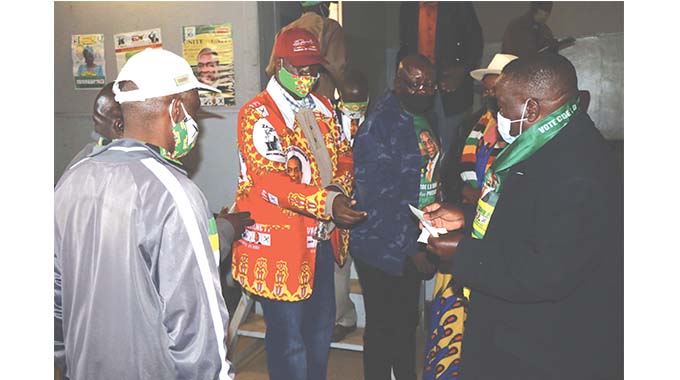Govt raises concern over psychological impact of Covid-19 on locals

Thandeka Moyo-Ndlovu, Health Reporter
THE Ministry of Health and Child Care has raised concern over the psychological impact of Covid-19 on Zimbabweans which has led to the rise of social problems including domestic violence.
According to the ministry, the increase in community transmissions is a major cause of mental health disintegration in Zimbabwe.
As of Saturday night, the country had recorded 5 893 Covid-19 cases and of those a majority are local transmissions. A total of 153 people had succumbed to the disease.
Medical experts have stated that Covid-19 has brought about stigma and some forms of discrimination on those who are known to have contracted it.
A few weeks ago, local nurses spoke about how some landlords, families and communities where they came from were stigmatising them following reports that they are among the worst affected group when it comes to Covid-19 infections.
Besides being labelled carriers of the deadly disease, Covid-19 survivors often suffer from anxiety, depression which according to experts may deter them from seeking health care or adhering to medication.
In a statement, the ministry said people who are infected by Covid-19 have not done anything wrong, and they deserve support, compassion, and kindness from every Zimbabwean.
“The increase in community transmissions of Covid-19 in Zimbabwe is causing concern in the population’s mental health. Psychological and social problems continue to rise and consequences such as stress, anxiety, depression, frustration, uncertainty and domestic violence are an increasing progression. It is therefore of utmost importance for the people of Zimbabwe to take care of their mental health,” read the statement.
“Healthcare workers are likely to feel afraid, overwhelmed and experience lots of stress as the outbreak continues. It is important to acknowledge these feelings and notice when one is not coping.”
Health workers were encouraged to take care of themselves by wearing personal protective equipment (PPE) correctly and following protocol especially when they are done and are removing the PPE.
They were also advised to take care of their mental health, take breaks, rest, eat well, have sufficient sleep and engage in a physical activity as coping methods.
According to the ministry, members of the public must be kind to one another to reduce stigma.
“Avoid referring to people as cases, victims etecetera, people who are being treated for Covid-19 are still people, not cases. They should also avoid discussions that will cause anxiety, stress and fear and avoid drinking alcohol and using substances,” read the statement.
“They should also assist others in their time of need as that tends to benefit both the person receiving support and the helper. For example, check by telephone on neighbours or people in your community who may need some extra assistance.” — @thamamoe









Comments